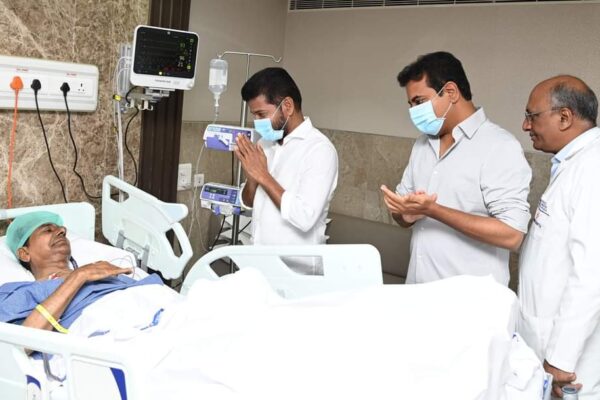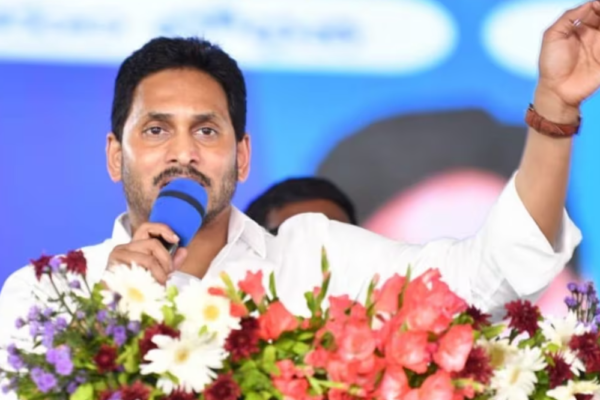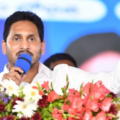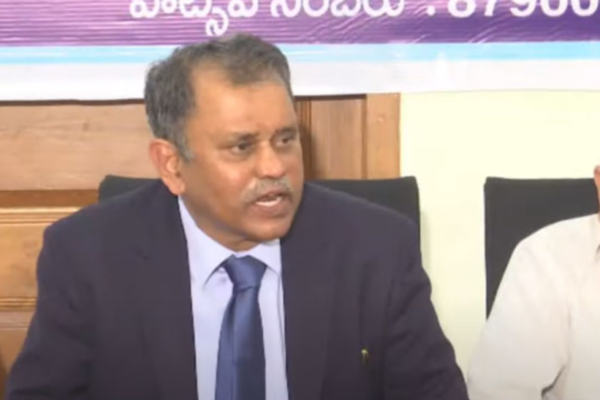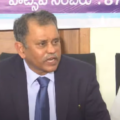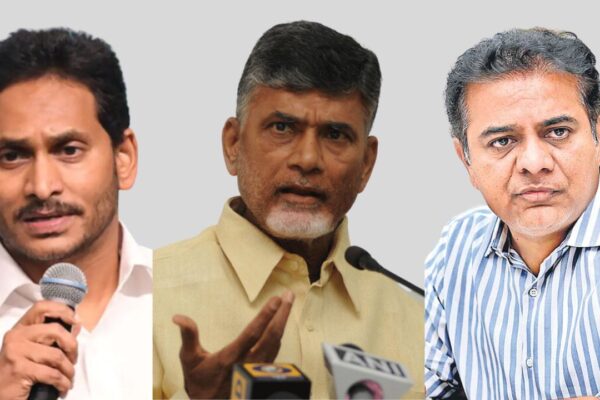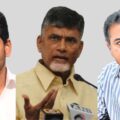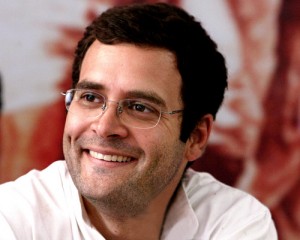 International political and business weekly The Economist advised Rahul Gandhi whose party flopped at the recent state elections to look for a new career. The article in the latest edition of the magazine, while pointing out that the prospects were dim for Congress and economic reform in the country, however, said that a welcome development was that the voters were no more voting in groups.
International political and business weekly The Economist advised Rahul Gandhi whose party flopped at the recent state elections to look for a new career. The article in the latest edition of the magazine, while pointing out that the prospects were dim for Congress and economic reform in the country, however, said that a welcome development was that the voters were no more voting in groups.
Excerpts from the article:
IF HE had any other surname, Rahul Gandhi, commonly mentioned as a prime minister-in-waiting, would surely be pondering a new career. His ill-starred record as a political campaigner reached a new low on March 6th, when he accepted the blame for his party’s dreadful showing in assembly elections in Uttar Pradesh (UP). Congress won only 28 of the 403 seats in India’s largest state (population 200m), up just six from the 2007 poll.
Mr Gandhi must regret his personal effort, which he grandly dubbed “Mission 2012” (he campaigned full-time, with lavish funds, for over a year). He spurned an offer to join Manmohan Singh’s government in Delhi. Instead he picked gargantuan UP, the old family fief, hoping that success there would compensate for Congress’s fading fortunes in another big state, Andhra Pradesh. His sister, Priyanka Gandhi, joined him in the campaign, urging voters to stay loyal to the Nehru-Gandhi dynasty. They ignored her.
Perhaps most hopeful of all, the first studies of the results show signs of a shift away from identity politics, in which voters lump together by caste or religion to back one of their own. Mayawati’s loss in UP was one example of the trend. The landslide re-election of Nitish Kumar as chief minister of Bihar in 2010 was another. He has sought to stand above caste politics and focus on wider development goals. Better educated or more demanding voters holding politicians to account would be hugely beneficial.

